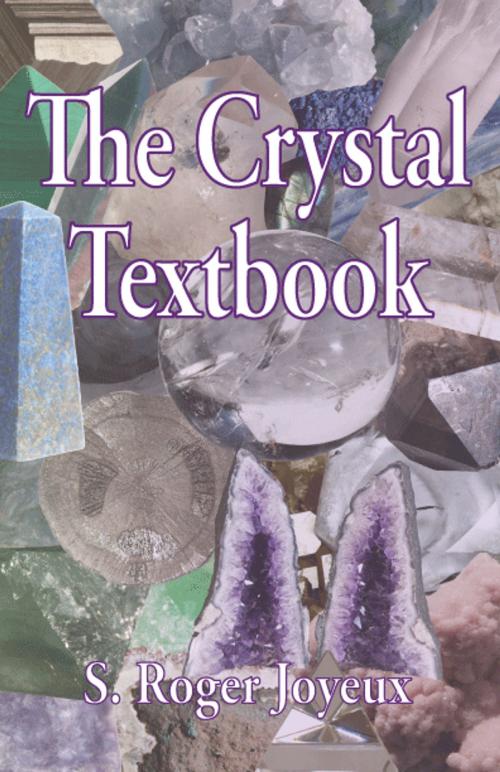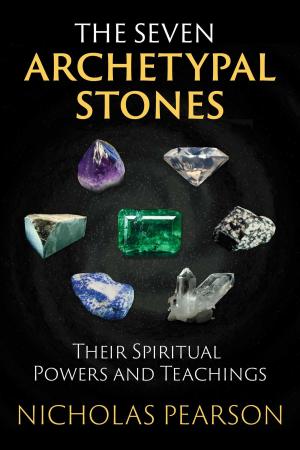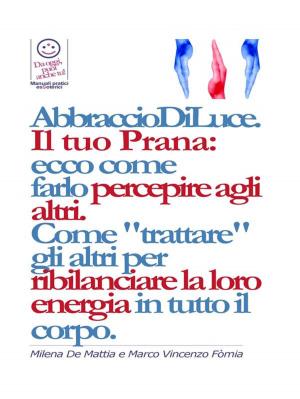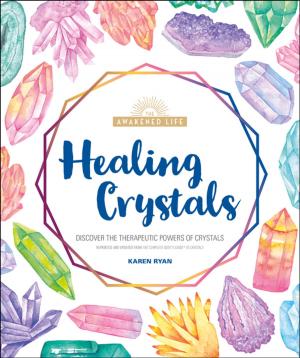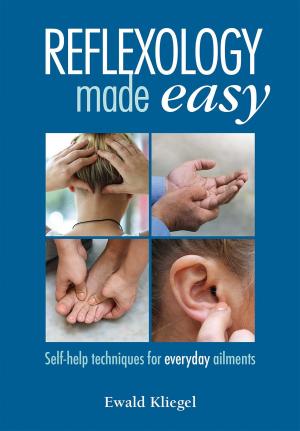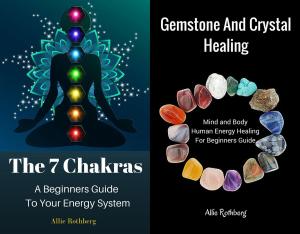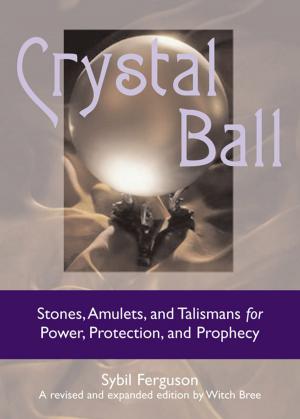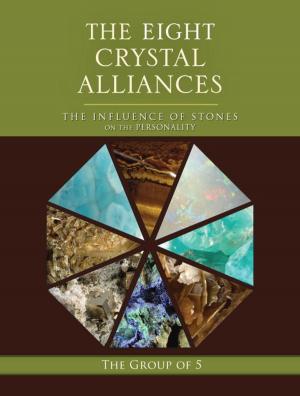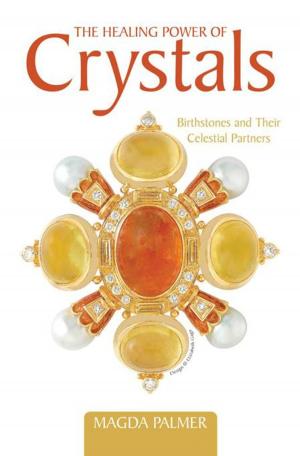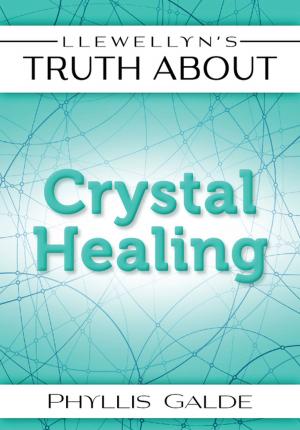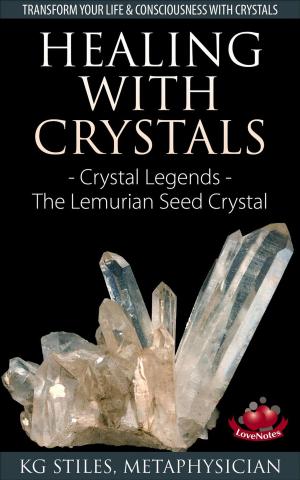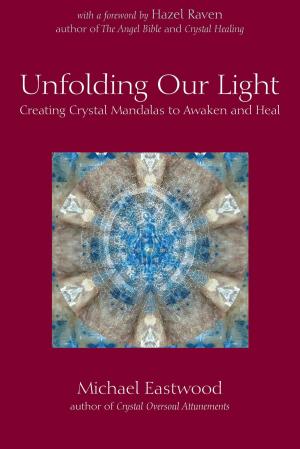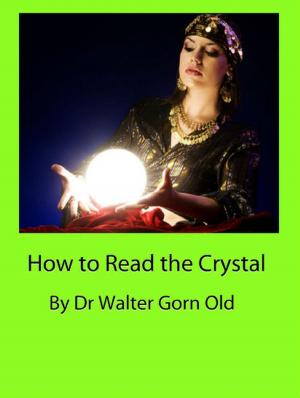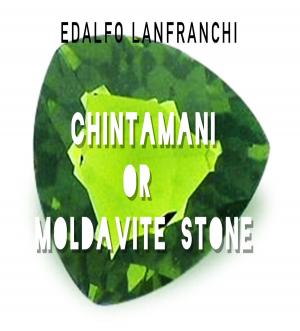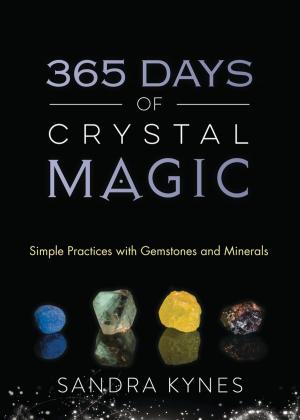| Author: | S. Roger Joyeux | ISBN: | 9780968652169 |
| Publisher: | Antara Publishing | Publication: | July 21, 2012 |
| Imprint: | Language: | English |
| Author: | S. Roger Joyeux |
| ISBN: | 9780968652169 |
| Publisher: | Antara Publishing |
| Publication: | July 21, 2012 |
| Imprint: | |
| Language: | English |
If you want to understand crystals, first understand light.
The Crystal Textbook is laid out in two parts: “Working with Light and Crystals”, which establishes a foundation of how light works, along with asserting the need for discernment in understanding how crystals work, and, “Crystals”, which discusses individual crystals and is alphabetical, thus providing the reader with an easy way to go directly to a particular crystal. Ideally, the reader reads section one, then delves into crystals of interest at his or her leisure.
Because the light does the work, some confusion naturally arises around which crystals contribute to which tasks. The sections on healing and negativity work toward an understanding of the qualities of light that could lead to the misconception that all crystals are healers and that all crystals work with negativity. True enough perhaps, but crystals are specialized.
A section entitled, “Crystal Specialization” is included to clarify the specific roles that crystals play by addressing the concept of specialization. Light is central to any understanding of how crystals work, so there is a section in Part I entitled, “Basic Characteristics of Light”. Densification, fragmentation, and splitting are a few of the difficulties that happen to light frequencies as they take on physical density. Light has a number of basic characteristics that need to be explained before making sense of the way particular crystals work. The Crystal Textbook carries sufficient explanations of the relevant characteristics of light at the appropriate places to ensure that it stands alone.
As part of “Working with Light and Crystals”, I have included a section on the ‘Eleven-Chakra’ system. Having this background information will help to synthesize the knowledge of the Light Body layout and the roles played by Hematite, Kyanite, Calcite, and Selenite. Also included are sections on the rules of thumb for crystal colours, the nature of creativity, and the shortfall that plagues the quality of crystals. Not all aspects of crystals are so straight-forward that background information can be omitted. While most discussions of a given crystal are complete unto themselves, “Working with Light and Crystals” was placed at the front of the book because of its importance in fleshing out the reader’s inventory of background knowledge. This section could have been included as an appendix, but would then have been after-the-fact.
The section on cleansing, clearing, and empowering crystals is also placed in Part I to similarly elevate its importance and prevent its being missed. Unless the reader has attended my “Crystals’ Light Workshop”, references to the role of ions in water is likely to offer a new understanding of how crystals are cleansed. Ions are not the only topic in this section.
The carpenter, politician, rocket scientist, and biologist are highly specialized occupations. Each discipline bears its own very unique set of skills. One of the primary themes running throughout The Crystal Textbook is that crystals are also highly specialized. Each crystalline vibration is unique, and therefore, each crystal works in its own very specialized way.
Each of the carpenter, politician, rocket scientist, and biologist can very easily create new life to become a father or mother. They have a number of other common possibilities as well. Crystals, too, have common possibilities in the sense that the same light frequency can be attracted by a number of different crystals. Attributing the quality or action of the common frequency to one of the crystals, but not the others, provides only a partial truth. There is some crossover of qualities and actions because the light frequencies involved can crossover between different crystals. The complete story revolves around what else the crystals do. The complete story points to the specialization and uniqueness inherent to every different crystal.
If you want to understand crystals, first understand light.
The Crystal Textbook is laid out in two parts: “Working with Light and Crystals”, which establishes a foundation of how light works, along with asserting the need for discernment in understanding how crystals work, and, “Crystals”, which discusses individual crystals and is alphabetical, thus providing the reader with an easy way to go directly to a particular crystal. Ideally, the reader reads section one, then delves into crystals of interest at his or her leisure.
Because the light does the work, some confusion naturally arises around which crystals contribute to which tasks. The sections on healing and negativity work toward an understanding of the qualities of light that could lead to the misconception that all crystals are healers and that all crystals work with negativity. True enough perhaps, but crystals are specialized.
A section entitled, “Crystal Specialization” is included to clarify the specific roles that crystals play by addressing the concept of specialization. Light is central to any understanding of how crystals work, so there is a section in Part I entitled, “Basic Characteristics of Light”. Densification, fragmentation, and splitting are a few of the difficulties that happen to light frequencies as they take on physical density. Light has a number of basic characteristics that need to be explained before making sense of the way particular crystals work. The Crystal Textbook carries sufficient explanations of the relevant characteristics of light at the appropriate places to ensure that it stands alone.
As part of “Working with Light and Crystals”, I have included a section on the ‘Eleven-Chakra’ system. Having this background information will help to synthesize the knowledge of the Light Body layout and the roles played by Hematite, Kyanite, Calcite, and Selenite. Also included are sections on the rules of thumb for crystal colours, the nature of creativity, and the shortfall that plagues the quality of crystals. Not all aspects of crystals are so straight-forward that background information can be omitted. While most discussions of a given crystal are complete unto themselves, “Working with Light and Crystals” was placed at the front of the book because of its importance in fleshing out the reader’s inventory of background knowledge. This section could have been included as an appendix, but would then have been after-the-fact.
The section on cleansing, clearing, and empowering crystals is also placed in Part I to similarly elevate its importance and prevent its being missed. Unless the reader has attended my “Crystals’ Light Workshop”, references to the role of ions in water is likely to offer a new understanding of how crystals are cleansed. Ions are not the only topic in this section.
The carpenter, politician, rocket scientist, and biologist are highly specialized occupations. Each discipline bears its own very unique set of skills. One of the primary themes running throughout The Crystal Textbook is that crystals are also highly specialized. Each crystalline vibration is unique, and therefore, each crystal works in its own very specialized way.
Each of the carpenter, politician, rocket scientist, and biologist can very easily create new life to become a father or mother. They have a number of other common possibilities as well. Crystals, too, have common possibilities in the sense that the same light frequency can be attracted by a number of different crystals. Attributing the quality or action of the common frequency to one of the crystals, but not the others, provides only a partial truth. There is some crossover of qualities and actions because the light frequencies involved can crossover between different crystals. The complete story revolves around what else the crystals do. The complete story points to the specialization and uniqueness inherent to every different crystal.
